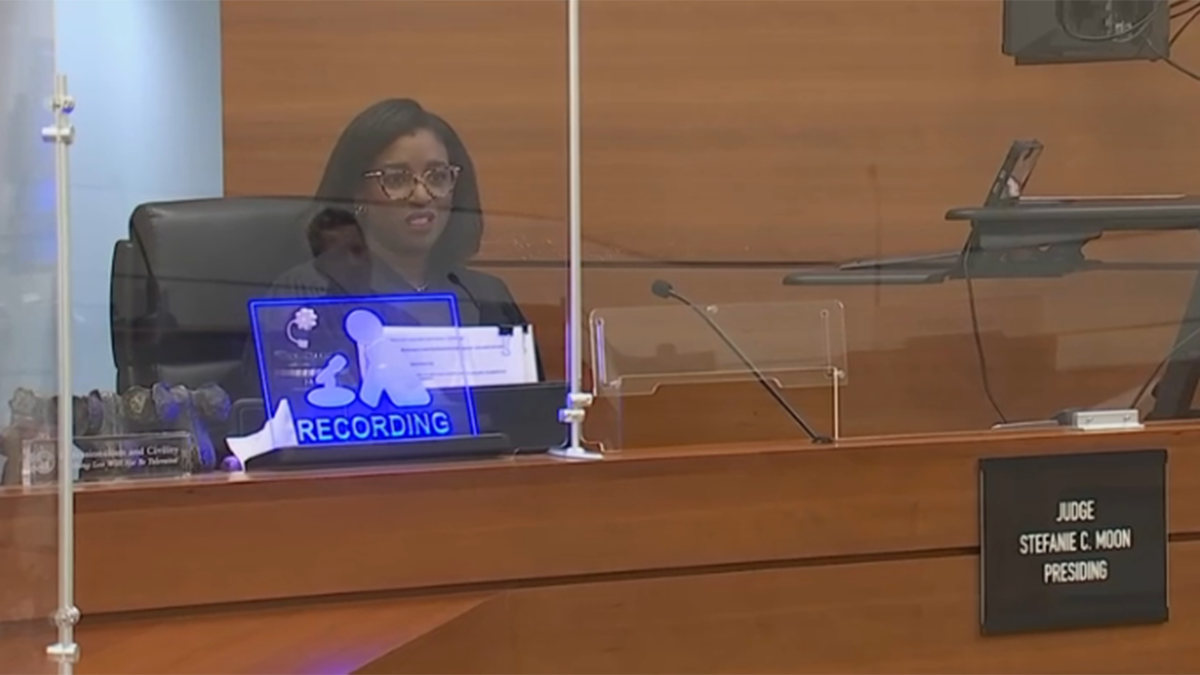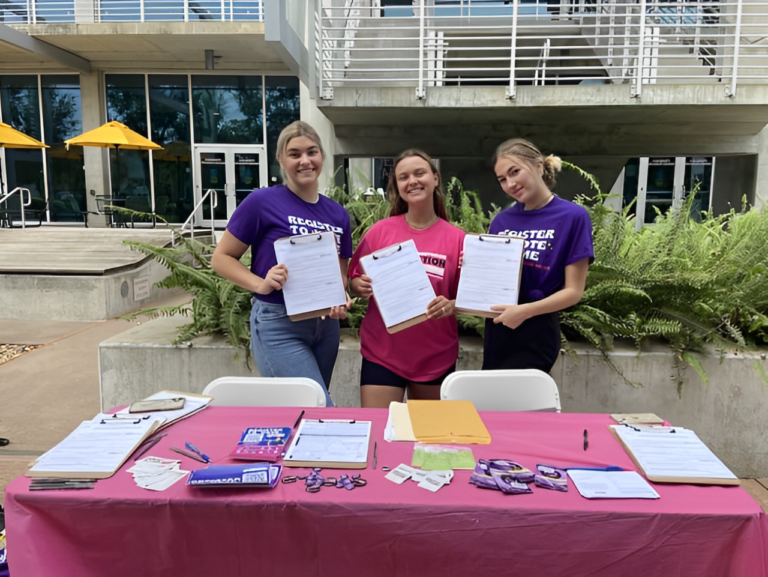Nathalia Vargas, a dedicated mother of four, has been left distraught and searching for answers after a troubling incident involving her 7-year-old son at Laura C. Saunders Elementary School in Homestead. Earlier this year, Vargas made the decision to transfer her three older children to the school because it was close to their home and had a specialized program tailored to support her son’s unique needs.
Her son, who is diagnosed with attention deficit hyperactivity disorder (ADHD) and oppositional defiant disorder (ODD), requires additional support and understanding to thrive in an academic environment. “The other children that are along with my son in the same classroom, all of them have behavioral problems,” Vargas explained, emphasizing the challenges her son and his classmates face.
In late March, an incident occurred that has since sparked outrage and concern. According to a report filed by Vargas with Miami-Dade Public Schools Police, her son’s teacher took a drastic measure in response to his behavior.
The teacher reported that she removed the boy’s desk because he was disrupting the class by tapping on it and tilting it towards another student. She deemed this a safety concern and decided to give him a clipboard to continue his work instead.

However, the reality of the situation appeared far more distressing. A behavioral therapist assigned to the boy took a photograph that showed the child kneeling on the floor, using the clipboard to complete his assignments. This went on for at least three days, as the teacher did not return the desk. The image, which was sent to Vargas, highlighted the apparent neglect and lack of appropriate support for the young boy.
Vargas recounted the distressing details, expressing her disbelief and anger at the situation. “Unfortunately, when he’s mad, sometimes he responds or he acts aggressively,” she said, acknowledging her son’s challenges but questioning the appropriateness of the teacher’s response.
The police report included statements from the teacher, who claimed that the boy chose to kneel on the floor on his own and that she did not instruct him to do his work there. Two witnesses corroborated this, stating they did not hear the teacher telling the boy to work on the ground. Despite these accounts, the image captured by the therapist painted a stark picture of a child seemingly punished and marginalized.
This incident raises significant concerns about the treatment and support of students with behavioral disorders in the school system. Vargas is now advocating for greater transparency and accountability, demanding a thorough investigation into the actions of the teacher and the school’s handling of her son’s situation. She emphasizes the need for compassionate and effective strategies to manage behavioral issues, rather than punitive measures that can further stigmatize and harm vulnerable children.
The case has attracted considerable attention, prompting discussions about the rights of students with special needs and the responsibilities of educators to provide a safe and supportive learning environment. Advocates for children with disabilities argue that more training and resources are needed to equip teachers with the skills to handle challenging behaviors constructively.
Read More: Shocking Scene: Lightning Bolt Hits NYC Building, One Person Injured!
TV Weather Reporter Criticizes Florida’s New Law on Live Broadcast!
6 Teens Wanted for Beating a 40-Year-Old Man on Queens F Train!
For Nathalia Vargas and her son, the path to resolution remains uncertain. The mother continues to seek justice and better treatment for her child, hoping that this incident will lead to meaningful changes in how schools address the needs of students with behavioral disorders. Her story serves as a poignant reminder of the importance of empathy, understanding, and appropriate intervention in the education system.







+ There are no comments
Add yours